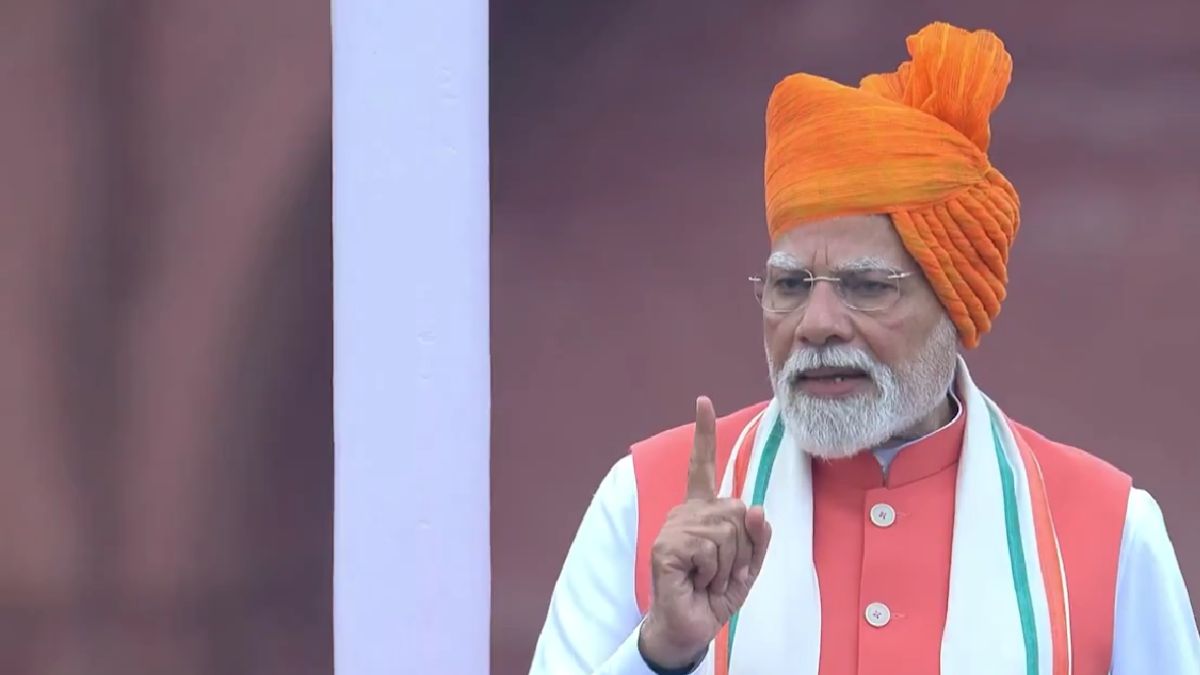In his 12th consecutive Independence Day speech, Prime Minister Narendra Modi on Friday said that the country has rejected the Indus Waters Treaty that he said was neither in the country’s interests nor in the interest of India’s farmers.
India suspended the Indus treaty after the Pahalgam attack in May. The treaty divided the Indus river system’s waters between India and Pakistan, granting India unrestricted use of all the waters of Ravi, Sutlej, and Beas rivers, and Pakistan the control of the Indus, Chenab, and Jhelum rivers. However, India was not able to fully utilise its share and Pakistan was getting a disproportionately larger share of waters, making the deal unjust for India.
India has now decided that blood and water will not flow together, Modi said in his speech at the Red Fort.
“The people have come to realise that the Indus Waters Treaty is unjust and one-sided. Water from the Indus River system has been irrigating the lands of the enemy. Water from the Indus River system has been irrigating the lands of the enemy, while our own farmers have suffered,” said Modi in Hindi.
The prime minister went on to say that the treaty caused “unimaginable” harm to Indian farmers for over seven decades.
VIDEO | Independence Day 2025: Prime Minister Narendra Modi says, "India has now decided, blood and water will not flow together. The people have come to realize that the Indus Waters Treaty is unjust. Water from the Indus River system has been irrigating the lands of the enemy,… pic.twitter.com/EsAaG8zexy
— Press Trust of India (@PTI_News) August 15, 2025
After the suspension of the treaty, the government has decided to maximise the retention of the Indus river system’s water within India and minimise the flow into Pakistan.
Previously, government sources have said that, in the medium- to long-term, the government has decided to ramp up infrastructure to retain, divert, and repurpose water that currently flows into Pakistan. They said that the government had decided to ramp up desilting of existing dams and fast-tracking of under-construction hydropower plants and reservoirs to redirect rivers to maximise retention of water inside India and minimise the flow of water into Pakistan.


)

)
)
)
)
)
)
)
)



